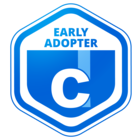Hi everyone,
I’m really keen to understand if the “Global Search” tool in Docebo Learn searches through SCORM modules?
I have some strange results coming back that I believe may be coming from within a SCORM module and possibly the code used to help with automating text to voice which is material kept in the SCORM package.
The results are not good as it includes phrases used to help the text to speech work more effectively with essentially bad English to help pronouncing some words, but as a search result it looks very bad.
Does the Global Search search through the contents within a SCORM package?
https://help.docebo.com/hc/en-us/articles/360020127199-Using-the-Platform-s-Global-Search
Many thanks for your help folks.
JK











